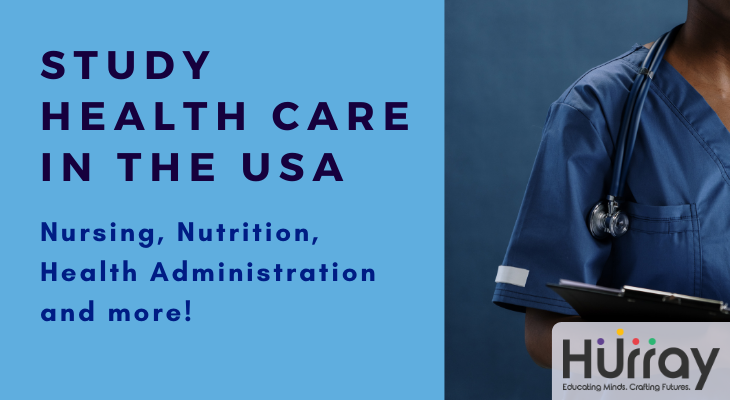In the ever-evolving landscape of healthcare, nursing professionals equipped with advanced knowledge and skills are in high demand. Pursuing a Master of Science in Nursing (MSN) in the United States not only opens doors to a plethora of career opportunities but also allows individuals to contribute significantly to the improvement of healthcare delivery. This article provides an in-depth exploration of MSN programs in the USA, covering admission requirements, program structures, specialization options, and the potential impact on one’s nursing career.
Understanding the MSN Degree:
A Master of Science in Nursing (MSN) is a graduate-level program designed for registered nurses (RNs) seeking advanced education and specialized training. This degree equips nurses with the knowledge and skills necessary for leadership roles, advanced clinical practice, and research within the healthcare system.
Admission Requirements:
Admission to MSN programs in the USA typically requires candidates to hold a Bachelor of Science in Nursing (BSN) degree from an accredited institution. Some programs may admit registered nurses with an associate degree in nursing (ADN) through bridge or RN-to-MSN programs. Additional requirements often include a current RN license, letters of recommendation, a personal statement, and relevant work experience.
Program Structures:
MSN programs in the USA offer various structures to accommodate the diverse needs of nursing professionals. Full-time and part-time options are available, allowing students to tailor their education to fit their lifestyles. Online MSN programs have gained popularity, providing flexibility for working nurses to advance their education while continuing their careers.
Specializations and Tracks:
One of the highlights of pursuing an MSN in the USA is the opportunity to specialize in a particular area of nursing. Common specializations include Nurse Practitioner, Nurse Educator, Nurse Administrator, and Nurse Informaticist. Each specialization prepares nurses for specific roles within the healthcare system, catering to the evolving needs of the industry.
Clinical Rotations and Practical Experience:
Clinical rotations and hands-on experience are integral components of MSN programs. These practical components allow students to apply theoretical knowledge in real-world healthcare settings. The opportunity to work alongside experienced professionals enhances clinical skills and prepares students for the challenges of their chosen specialization.
Accreditation and Program Recognition:
Choosing an accredited MSN program is crucial for ensuring the quality and recognition of the degree. Accreditation from organizations such as the Commission on Collegiate Nursing Education (CCNE) or the Accreditation Commission for Education in Nursing (ACEN) signifies that the program meets rigorous academic standards.
Career Opportunities and Advancement:
An MSN degree opens doors to a wide range of career opportunities. Graduates can pursue roles such as Nurse Practitioner, Clinical Nurse Specialist, Nurse Educator, Nurse Administrator, or Nurse Informaticist. The advanced education and specialized training gained through an MSN program position nurses for leadership roles and increased responsibilities within healthcare organizations.
Financial Considerations and Scholarships:
While pursuing an MSN is a significant investment, various financial aid options and scholarships are available to help alleviate the financial burden. Many nursing schools, professional organizations, and government programs offer financial assistance to qualified candidates. Exploring these options can make advanced education more accessible to aspiring nursing leaders.
Conclusion:
Embarking on a Master of Science in Nursing (MSN) journey in the USA is a transformative step for nursing professionals aiming to advance their careers and contribute to the evolving landscape of healthcare. With a focus on specialization, hands-on experience, and recognition through accreditation, MSN programs prepare nurses for leadership roles and impactful contributions to the healthcare industry. Aspiring candidates should carefully research and select programs that align with their career goals, ensuring a fulfilling and successful educational experience.
